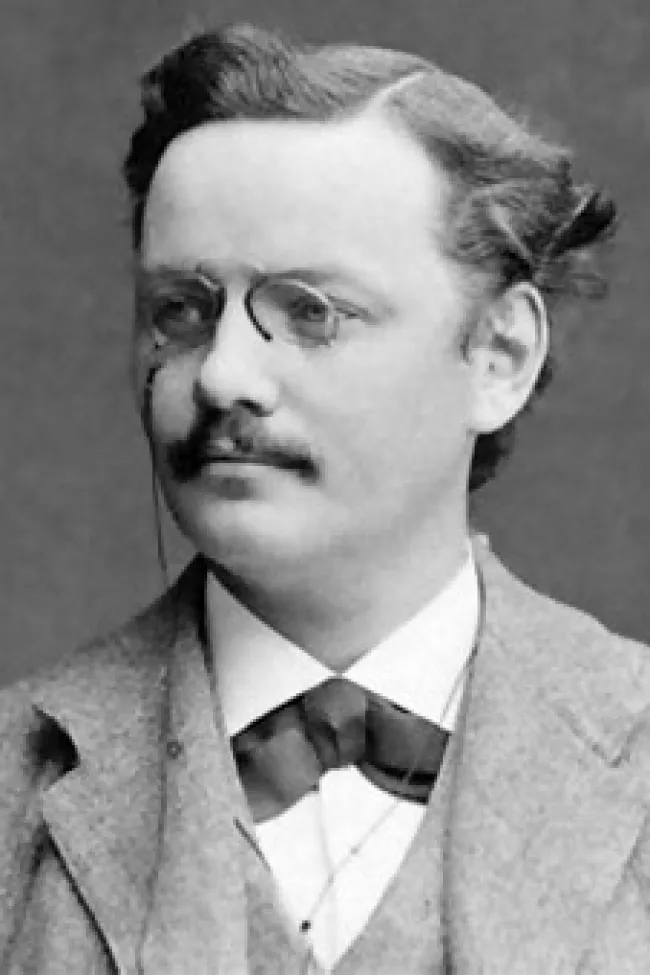It was this work by Swedish economist Wicksell that drew Mises’s attention to the effects of interest rate manipulation on the capital structure. This was the first to present the idea of the natural rate of interest, which Wicksell argued can be different from the prevailing rate on the market. The natural rate is equal to the return on capital in an imaginary economy without money. Mises took that idea and made it a central component of his business cycle theory. Wicksell was also an important critic of the Quantity Theory of money.

No content found

Knut Wicksell (1851-1926) was a Swedish economist who did pioneering work on the theory of interest. He distinguished between the money rate of interest and the “natural” rate, i.e., the rate of interest that would prevail in the absence of money. Ludwig von Mises was greatly influenced by this idea and developed on its basis a theory of the business cycle in The Theory of Money and Credit (1912). Wicksell also was an important contributor to the theory of public finance. His “unanimity principle” as a criterion of public policy was a major influence on the Public Choice School and figures prominently in The Calculus of Consent, by James Buchanan and Gordon Tullock.
Originally published in 1898. Translation published by the Royal Economic Society, London, 1936.

